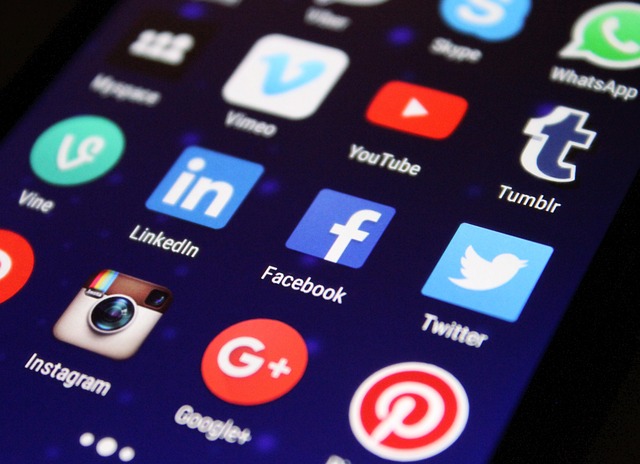Finding Balance in the Era of Social Media
In today’s digital age, social media has become an integral part of our daily lives. For those in addiction recovery, this landscape can be both a blessing and a curse. The constant barrage of curated posts, filters, and highlights can influence how we perceive our own recovery journey and the progress of others. Therefore, finding a way to practice balanced media use is crucial for maintaining mental well-being and fostering a healthier recovery experience.
The Double-Edged Sword of Social Media
On one hand, social media platforms can offer support and community. Groups dedicated to addiction recovery can help individuals connect with others who understand their struggles, offering a sense of camaraderie that may be hard to find elsewhere. Sharing personal stories, coping strategies, and inspirational moments can foster hope and resilience among those navigating similar paths.
However, the flip side may invite negativity. It’s easy to fall into the trap of comparing our own recovery to the seemingly flawless lives of others portrayed online. This incessant comparison can often lead to feelings of inadequacy, self-doubt, and even relapse. For someone working hard to achieve a balanced life, the constant pressure from social media can derail their efforts.
Strategies for Balanced Media Use
To navigate the impact of social media on addiction recovery effectively, it’s essential to establish a few guiding principles for balanced media use.
- Curate Your Feed: Be intentional about who you follow and what content you consume. Seek out accounts that promote positivity, recovery success stories, and wellness. Unfollow or mute any accounts that induce feelings of inadequacy or negativity.
- Limit Exposure: Set specific time limits on your social media usage. Designate specific times of the day for checking your feeds, and refrain from aimlessly scrolling, especially during vulnerable moments.
- Engage Mindfully: When interacting on social media, approach it with intention. Focus on positive interactions, offer support to others, and share your journey authentically without succumbing to comparison.
- Turn to Offline Connections: While the online community can be beneficial, don’t forget the importance of real-life interactions. Engage with supportive friends, family, or local recovery groups to foster deeper, more meaningful connections.
Finding Your Own Rhythm
Ultimately, it’s about finding a healthy and sustainable rhythm in the digital world. Every individual’s recovery journey is unique, and so is the role social media plays in it. By embracing balanced media use, you can protect your mental health while still enjoying the benefits that social platforms offer. Remember, it’s okay to step back, recharge, and focus on nurturing yourself—after all, recovery is about progress, not perfection.



